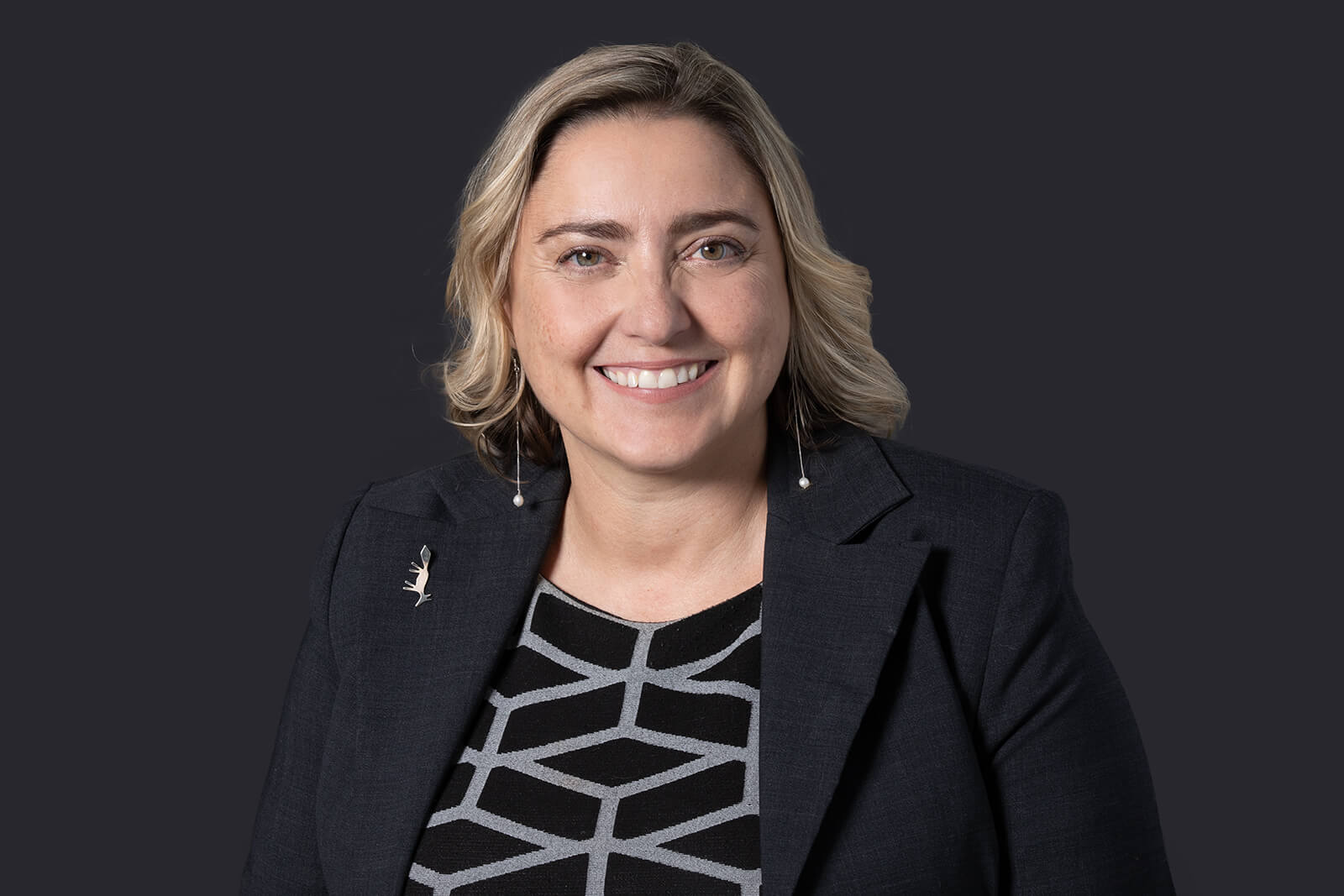Shared Insights: Quarterly safeguarding forum - challenging families and best interests
Victoria Colclough, Senior Associate at Browne Jacobson chaired the Quarterly Safeguarding Forum.
Rebecca Fitzpatrick, Partner at Browne Jacobson spoke about the difficulties faced by professionals when dealing with challenging family members and highlighted the legal frameworks and mechanisms that can be implemented to manage these behaviours in order to protect staff and keep the patient’s best interests at the centre of decision making.
We were delighted to be joined by Catherine Keay, Head of Commissioning for Mental Health, Learning Disabilities and Autism at NHS Lincolnshire Clinical Commissioning Group who spoke about the CCG’s experiences of working with some of their more challenging families and provided some practical tips on how to manage these complex situations.
We were also pleased to be joined by Lisa Newboult, Named Professional Safeguarding Nurse at United Lincolnshire Hospitals NHS Trust who provided her valuable insight into managing challenging family members in order to ensure Trusts are acting in their patient’s best interests.
The Shared Insights were:
Rebecca Fitzpatrick set out a number of examples of challenging behaviour that require a considered response:
- Families with differing viewpoints on capacity or best interests of their relative, or with differing views to MDT
- A family member who:
- makes numerous complaints which appear to be unfounded
- interferes with or undermines clinical care/interventions, or whose behaviour leads to placement breakdown
- behaves aggressively towards staff/harasses staff/displays stalking behaviour
- places or intends to place confidential information about their relative’s care and treatment on social media/similar, or who raises issues with the press that may be detrimental to P’s welfare (for example causing P distress, lead to
- placement breakdown, or lead to disruption to P or others care and treatment)
Rebecca highlighted a number of key points to consider and some of the mechanisms that can be implemented to manage these challenging behaviours:
- Be clear about what your clinical and legal obligations are to P, the service user. If P is over 16 and lacks capacity to make the decision(s) in question,
- Ensure the MCA framework is being appropriately applied and recorded with robust capacity assessments and a clear best interests decision making process that records all relevant views and information.
- Be clear about who is the decision maker for each decision.
- Ensure all relevant individuals have a voice, are consulted and that their views feed into the decision making process and are recorded.
- Ensure that in all decisions P’s welfare is at the forefront.
- Be clear about your obligations to your staff and support them; Staff may need to be protected from abusive or violent behaviour, or harassment. Legal mechanisms are available in extreme cases, such as an injunction to prevent harassment, and the police can give a harassment warning where a family member is engaging in behaviour that is causing fear, alarm or distress to staff members and prosecute for harassment where that is not adhered to.
- Be clear about your obligations to the family under the Human Rights Act – particularly Article 8. However challenging things are, listen to the family with empathy and take them seriously.
- Manage contact and communication with the family. Ensure there are effective communication channels.
- Escalate within your organisation if high level support is needed.
- Be aware of and act on issues involving media/social media and have a plan
- Work jointly with other agencies. Collaborative joint working is key where a number of agencies are involved.
Practical suggestions for managing obligations to staff and the family include:
- Have a single point of contact for family (with support for that individual/rotation from time to time so they don’t get burned out).
- It may be necessary to draw up a behaviour contract with the individual concerned, to have supervised contact, or in extreme cases to stop contact altogether if it is placing P or staff at risk. In such cases record keeping and early legal advice and support will be essential.
- Early legal support can be useful in setting up the structure and boundaries and ensuring this is in accordance with legal obligations.
- Consider facilitating contact elsewhere, in order to protect staff and reduce risk of placement breakdown
- The matter may need to be referred to the Court of Protection for adults lacking capacity or to the High Court re a child where there is a dispute about best interests.
- Deal effectively with complaints – even if you have an apparently “vexatious” complainer, there may well be a very valid concern buried in the documentation that needs to be acted upon.
Catherine Keay discussed a recent case study highlighting the CCG’s experience of dealing with challenging family members and provided her top tips for managing complex family cases:
- Support all key stakeholders to maintain a focus on the service user and what is in their Best Interests, for decisions where they are assessed to lack capacity.
- For Responsible Commissioner cases, try to keep the original placing authority actively involved and engaged – DoLS and annual reviews are a good start point, to try to develop a working relationship.
- Support practitioners to escalate any concerns about family dynamics and challenges early – to support prevention of placement breakdown.
- Remember the importance of objective and factual record keeping:
- Always separate the clinical records of the service user from communications with relatives that need recording – if it isn’t written down it didn’t happen! However, it is rarely appropriate to document in service users’ case management notes.
- Remind providers of the importance of their record keeping too.
- Value of ‘witnesses’ when working with complex family dynamics, although important to advise other parties that we have a witness to the interaction/communication.
- Keep a dynamic chronology/ timeline – detailing all significant incidents including safeguarding incidents and outcomes.
- Try not to make assumptions about relatives’/ carers’/ friends’ knowledge about
- The Mental Capacity Act (MCA), when their child reaches adulthood and may lack capacity for some decisions.
- What constitutes a safeguarding
- There are still many professionals with significant gaps in their knowledge about both. Try to increase awareness for families of adults with Mental Health/Learning Disabilities and Autism on the Mental Capacity Act and Best Interests.
- Engage with your organisation’s safeguarding team early for advice, guidance and professional support. You may not need to make a formal safeguarding referral.
- For registered professionals – the importance of regular clinical supervision, especially during COVID-19. Home working has added an additional complexity to working with complex cases, as difficult conversations are in people’s own home and often alone.
- CoP – as your final arbiter. Be prepared and know your case inside out. Make sure that your legal representation knows the case as well.
- Try to avoid reaching the stage of ‘unreasonable complainant’ as that rarely ends well for the service user. However, if you have exhausted all other options, try not to do this in isolation and seek legal advice prior to implementing your organisation’s policy.
- Finally - try to maintain a compassion focused approach, if you are a parent or relative to someone who is vulnerable, ask yourself how hard you would fight for your perception of what is happening to your relative.
- We have come to recognise that most relatives that we encounter are fighting for their truth.
- Families may only have seen negative press reports. Often families are facing a life where their adult child would not be able to tell them with words that they are being mistreated or abused.
Speakers

Victoria Colclough
Partner

Rebecca Fitzpatrick
Partner
Shared Insights
Our monthly forum connecting health and care leaders and professionals to discuss challenges and share solutions.
Contacts

Damian Whitlam
Partner
damian.whitlam@brownejacobson.com
+44 (0)330 045 2332

Nicola Evans
Partner
Nicola.Evans@brownejacobson.com
+44 (0)330 045 2962





![Contractual liability for all inclusive treatment: Bartolomucci v Circle Health Group Limited [2025]](/getattachment/95f9533b-f99c-4fcc-b8d5-3f93904b8242/shutterstock_1265400856.jpg?variant=HeroImageTabletVariantDefinition)


































